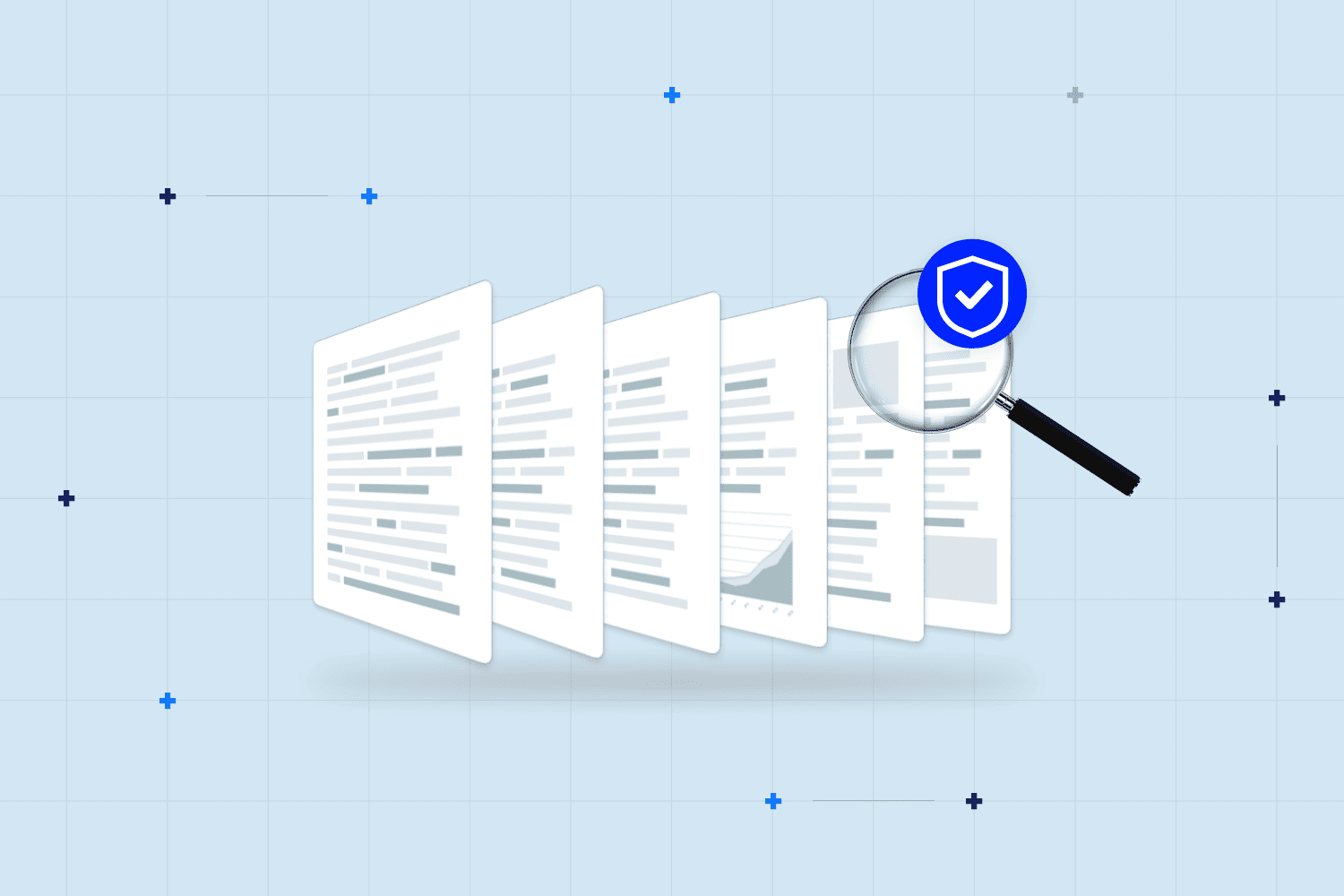We’re living in unprecedented times of extreme market volatility plagued by macroeconomic hardships (i.e., rising inflation, supply chains disrupted by COVID-19, etc.) and growing global tensions (i.e., Russian-Ukraine war, China-Taiwan conflict, etc.). Consequently, deal flow and opportunities have never been more scarce.
In periods of high risk, renewed attention is brought to due diligence and what should concern your decision-making. The market landscape is dramatically different now than it was in 2021 and 2022. Your due diligence needs to evolve to fit the current economic climate, meaning it is necessary to enhance your due diligence and pay closer attention to a company’s historical financials, management changes, conduct more robust scenario analysis, and look at different sources such as an expert transcript library (ETL).
Using the AlphaSense platform, we dive into the key components of conducting quality due diligence today, how to leverage them in your decision-making, and the tools that will ensure you never miss vital information in your efforts.
Is Cash Flow Stable?
For any business, maintaining a steady, reliable cash flow is vital to surviving unpredictable, underwhelming fiscal performance—especially in an economic downturn. That means a company needs to have dry powder to absorb any losses and maintain a cushion because, without this, even the strongest-performing company becomes vulnerable.
More importantly, if a company fails to plan for an economically uncertain future with its own capital, then it will likely borrow at high-interest rates. And if cash flow is weak, then borrowing under these conditions could ultimately mean it finds itself unable to pay its liabilities and is at risk of insolvency action. Ultimately, if a company’s bank account is dry of ample capital, you should avoid investing.
Further, buyers should also closely examine specific criteria regarding cash flow. For example, a company’s AR turnover, customer payment times, and whether it can produce detailed cash flow forecasts, as well profit margins and outgoings. But where can professionals access this information to inform their decision-making?
It’s imperative to get a market intelligence platform that aggregates exclusive content (i.e., call transcripts, ESG and annual reports, c-suite commentary, regulatory findings, and press releases) that offers firsthand information about specific companies and comes directly from the source. Analysts and strategic decision-makers leverage these documents to get insight into a company’s finances and operations, conduct a competitive analysis, and evaluate target investments.
Begging For Backers?
Historically, M&A tends to slow down during times of economic volatility or uncertainty, but often these are the times when valuations become more attractive and new opportunities begin to emerge. 2023 so far has revealed ideal conditions for dealmaking due to valuation resets, lessened competition for deals, and new assets coming to market.
When reviewing acquisitions during uncertain economic times, buyers’ due diligence should consider the capital expenditure of an acquisition and how it would affect both businesses involved in the deal.
For businesses seeking acquisition funding, this will be important as lenders will also be performing their own due diligence. To boil it down, would-be buyers will need to be able to prove they have the financial resilience to navigate the downturn, as well as a solid acquisition strategy detailing the types of businesses they would target and how they would deliver value and growth.
Clear-cut M&A strategy and sturdy financials are crucial to convincing lenders that a business is primed to make acquisitions that will deliver value in volatile times. Therefore, due diligence that focuses on stress-testing a buyer’s own financials and effective M&A growth strategy can also be vital to reassuring a buyer that your strategy is viable and likely to deliver growth.
For buyers, they will need to identify and plan for the tax implications and possible risks that acquisitions may incur before, during, and after the transaction has closed. For example, when considering the tax implications of different types of deal structures, some buyers are more likely to benefit from deferred and performance-based considerations during a recession or economic downturn.
Sturdy Customer Base and Strong Supply Chain?
A sudden shift in consumer behavior due to worsening economic conditions can cause significant distress on fiscal performance. Even if a company continues to generate profits during a downturn, certain economic conditions could quickly leave a lasting impact on cash flow.
In a downturn, customers often make slower payments or seek alternative payment terms—methods that deteriorate a business’ financial position. In the case of customer insolvency, a business may be left with bad debts that it cannot recover in full, if at all, putting it at risk of being unable to pay its own liabilities and potentially facing insolvency action itself.
For these reasons, buyers should look closely at economic volatility across a potential target’s supply chain. Even if the business is performing solidly in a downturn, it’s important to forecast if the industry, its customers, or its suppliers will be adversely impacted, leading to late payments and insolvencies that put a company at risk.
More importantly, how do you answer such a complex question? A market intelligence platform like AlphaSense ensures you are the first to know of any critical shifts or developments in consumer behavior and the market. Scrawling across a vast content universe of company documents, analyst reports, expert interviews, and media outlets, an AI-based platform feeds you the precise insights needed to build a winning strategy and stay on the leading edge.
The Solution to Navigating Market Volatility
As new, unprecedented market-impacting events unfold, it’s a continuous challenge to strategize for a future without any historical blueprint to rely on. Instead, financial professionals are leveraging market intelligence platforms to prepare for a downturn.
Our AI search technology cuts through the noise and surfaces the precise insights you need to inform strategy and help you make business decisions that compete. Our vast content universe spans company documents, analyst reports, expert interviews, and top news outlets—giving you a full-picture view of the ever-evolving market landscape. Get the competitive edge now with AlphaSense.




